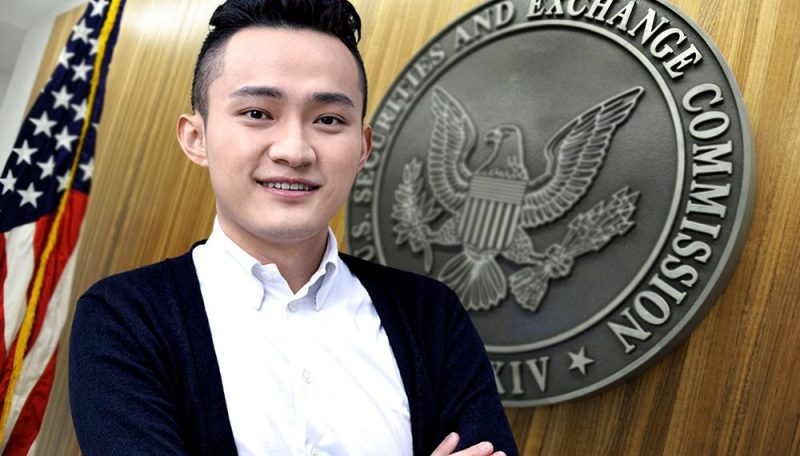The U.S. Securities and Exchange Commission (SEC) has updated its lawsuit against Justin Sun, the founder of Tron, enhancing its claim to jurisdiction based on his extensive travels to the United States. This development intensifies the legal battle over alleged regulatory violations related to cryptocurrency offerings.
Strengthening the Case for Jurisdiction
In the revised complaint filed in a Manhattan federal court on April 17, the SEC argues that Sun’s significant presence in the U.S. between 2017 and 2019—totaling over 380 days—demonstrates purposeful engagement within the country. The regulator cited Sun’s business trips to major cities such as New York City, Boston, and San Francisco, asserting that these visits were connected to activities on behalf of entities like the Tron Foundation, the BitTorrent Foundation, and Rainberry. These organizations are involved in the lawsuit as entities under Sun’s control, described as his “alter ego” firms.
Allegations of Securities Violations
The SEC’s allegations against Sun include the sale of unregistered securities via the Tron and BitTorrent tokens and engaging in manipulative wash trading practices. The amended suit emphasizes that these tokens were actively promoted, offered, and sold to investors within the United States, linking Sun’s travels directly to these activities.
Sun’s Defense and Legal Challenges
In response to the initial lawsuit, Sun, a Chinese-born Grenadian citizen, sought to dismiss the case last month. He argued that the SEC was inappropriately applying U.S. securities laws to actions that were “predominantly foreign.” Sun’s defense stated that the Tron and BitTorrent tokens were sold entirely overseas and that efforts were made to exclude the U.S. market from these sales. He also noted that the SEC had not claimed that the tokens were initially offered or sold directly to U.S. residents.
Legal and Regulatory Implications
This case is part of a broader scrutiny of cryptocurrency practices by U.S. regulators, who are increasingly looking to enforce securities laws in the rapidly evolving digital assets space. The outcome of this lawsuit could have significant implications for the regulatory landscape of cryptocurrency operations, especially for entities engaging with U.S. consumers or operating within the U.S.
Sun’s legal team has not yet responded to the latest filings, and the crypto community is closely watching the developments. The SEC’s revised lawsuit underscores the complexity of applying traditional securities law to the decentralized and global nature of cryptocurrency markets.
